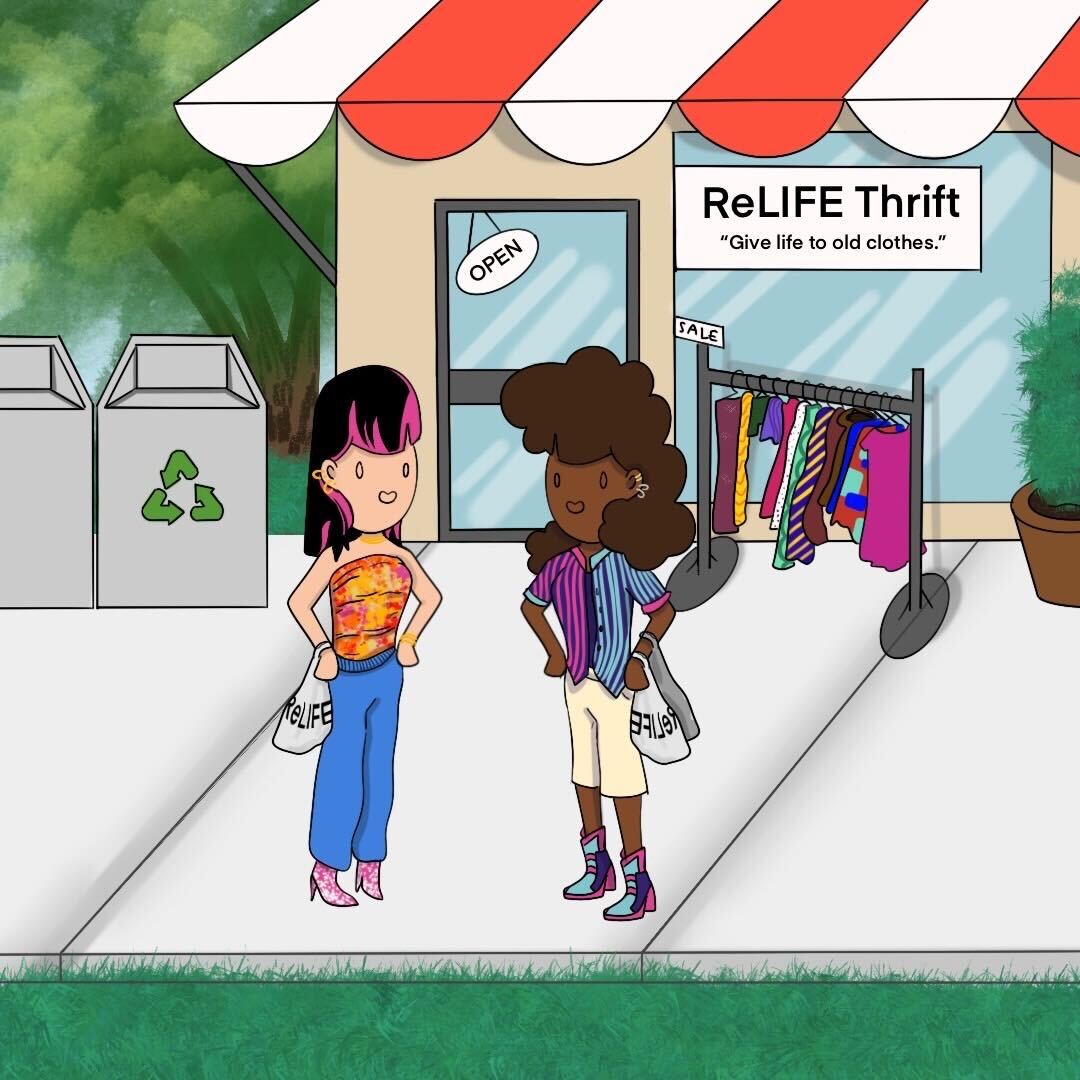Marijuana is still illegal on a state and federal level, but constituents of San Marcos are working to fix that. On the ballot in Hays County, residents can vote ‘yes’ or ‘no’ on whether or not to decriminalize.
In the summer of 2020, San Marcos activists rapidly revolutionized Texas’ cannabis and marijuana policy, becoming the most lenient Texas city on marijuana. Before 2020, San Marcos operated under a “zero-tolerance” drug policy designed to incarcerate those with low-level drug offenses.
After passing cite-and-release policies, activists and political leaders called for more reforms. Since then, significant effort has been made on the local level to fulfill the vision instilled by local activism. San Marcos’ Proposition A is part of this effort and voting in favor of it is the right choice.
This upcoming election’s Proposition A decriminalizes simple marijuana or cannabis possession under four ounces for any adult living in San Marcos. Any adult with a small amount of marijuana will not receive a citation, be jailed or be charged with drug possession in the city limits. They are helping drug users from fighting long legal battles or derail their futures which, according to the National Institute on Drug Abuse, is critical in college towns like San Marcos since 44% of university students will use marijuana during college.
The uncomfortable truth about marijuana prohibition relates to bigotry. Propagandists of the mid-1900s warned about the effects of the drug on specific minority populations. Particularly racist examples of this are readily available in history books, from unfounded claims that marijuana had a “bloodlust” effect on Hispanics to the allegations that it drove white women away from white men and toward Black men. Laughable as these claims sound now, belief in them led to strict marijuana prohibition, such as that found in San Marcos up until 2020.
It is crucial to remember that Texas’ population is 12% Black and nearly 70% white. In 2021, according to the American Civil Liberties Union (ACLU), Black Texans were arrested on marijuana charges at three times the rate of white Texans. Whether or not the racist propaganda of the past remains effective today is irrelevant; marijuana prohibition perpetuates racial injustice, and we must rectify it.
Communities and people targeted by harmful anti-marijuana propaganda faced the least proportionate consequences of the drug’s illegality. For example, in the last decade of marijuana-related arrests in Texas, the number of arrests has decreased drastically since 2010. However, the percentage of those arrested who were Black has risen. According to the Texas Department of Public Safety, it went from 26% in 2010 to 34% last year.
Hemp, a plant closely related to cannabis, was recently legalized statewide, but this brought with it more blurred lines on the validity of Texas’ current marijuana stance. In addition, the ever-increasing number of counties and cities in Texas decriminalizing marijuana complicates and slows the state’s ability to prosecute. Still, cases of that ilk are life-ruining and far from rare. Not to mention Texas’ ongoing legal battles against those involved in the synthetic THC market, which has moved in legality several times.
Marijuana is still classified by the Texas and U.S. governments as a schedule-one narcotic, the same as heroin or crack cocaine. Due to marijuana’s unfairly high placement on the hierarchy of dangerous drugs, it is much easier to be charged with a felony and have necessary rights restricted for potentially the rest of one’s life. These rights include the right to vote, the right to bear arms, the right to hold public office, the right to serve on a jury and more. It is nearly impossible for those affected by strict marijuana policy to achieve real change.
In October, President Joe Biden declared a national pardon on those incarcerated-on marijuana charges. As progressive as this declaration sounds, those in prison for possession are in state or local prisons instead of federal ones; the pardon issued by the president will not release a single inmate.
Critics of decriminalization will often point to marijuana’s ability to be used as a “gateway drug” to abuse other schedule-one drugs. While research on this topic is ongoing and has been for decades, the CDC’s official position is that there is very little evidence that suggests marijuana use can lead to the use of harder drugs.
It would be wrong to be cynical about cannabis and marijuana legislation; complicated as it may be, real progress in reforming the criminal justice system around marijuana is here. What San Marcos has is a real opportunity to shift local culture, which can have a domino effect on itself and on its surrounding communities. Voting “for” Proposition A is the right decision.
-Kien Johnson is a sociology freshman
The University Star welcomes Letters to the Editor from its readers. All submissions are reviewed and considered by the Editor-in-Chief and Opinion Editor for publication. Not all letters are guaranteed for publication.
Opinion: Vote ‘for’ Proposition A, decriminalize marijuana
Kien Johnson, Opinions Contributor
November 4, 2022
0
Donate to The University Star
Your donation will support the student journalists of Texas State University. Your contribution will allow us to purchase equipment and cover our annual website hosting costs.
More to Discover










